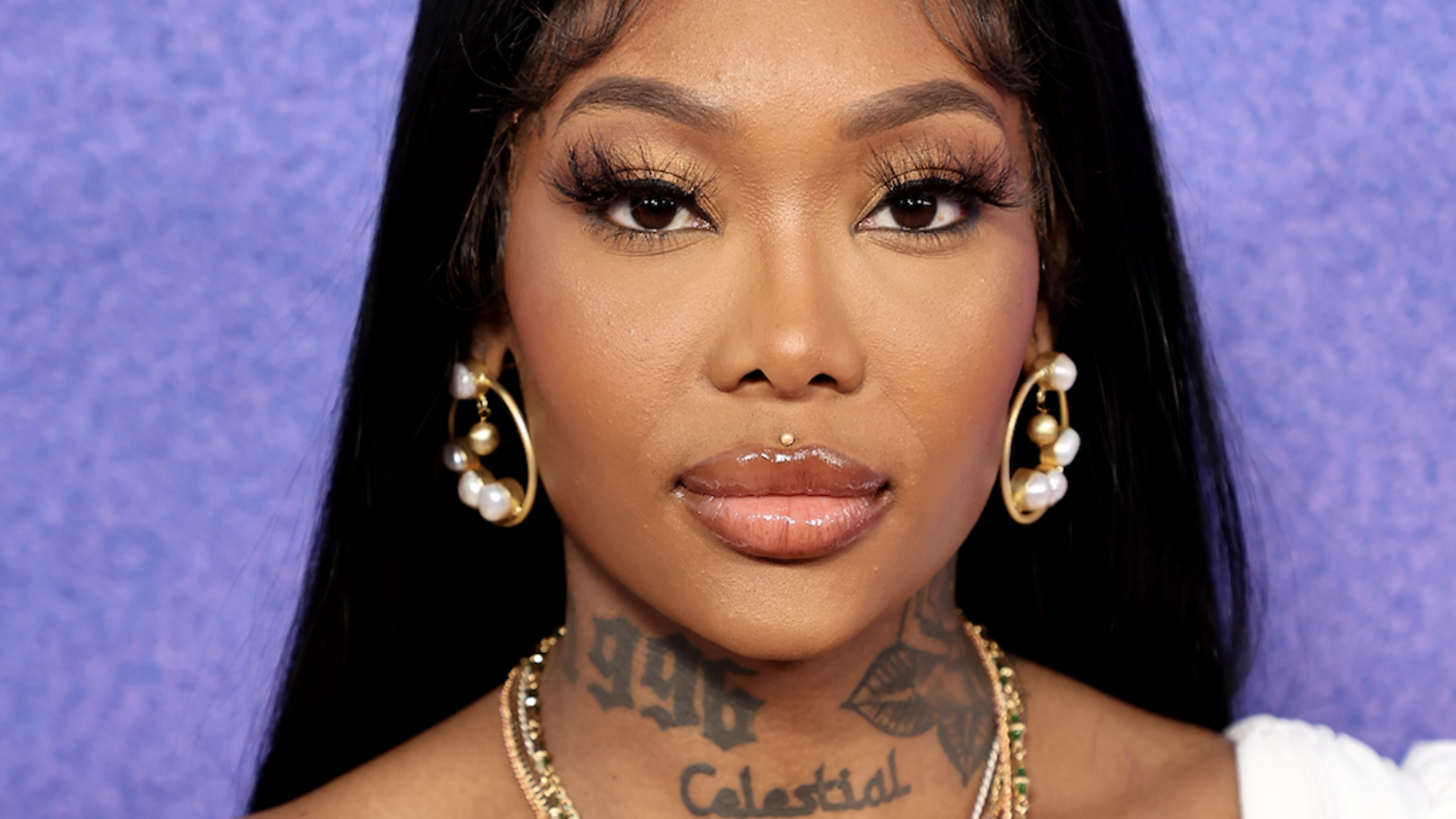
Summer Walker has been as open as she can about her experiences with love, but still, the people want more.
Following the November 2021 release of her sophomore album ‘Still Over It,’ the platinum-selling singer/songwriter completed her first few non-late night or award show performances in support of the project. The album was wrought with real-life happenings (primarily centered around Walker’s tumultuous relationship with producer London On Da Track), which she says has made it difficult for her to perform some songs.
“I want y’all to know that this s**t is real,” Walker said during an Atlanta stop. “I write a lot of my stuff. I write most of my stuff and it’s still a fresh wound. My baby, she not even 1 yet and I ain’t got time to be singing that s**t, crying in front of y’all. So, I sang what I could and I hope that y’all still enjoy the show.”
Though Walker, 26, has been real about dealing with anxiety, her onstage honesty was quickly torn apart. “Listen I get mental health and putting yourself first. However Summer Walker shouldn’t have agreed to go on tour for her 2nd album if she wasn’t in a space to perform the actually [sic] songs,” one Twitter user wrote. Another referred to her statement as “a disclaimer.” It seems that art, and the general public, requires all of an artist, even when the person is expressing potential discomfort.
Sadly, this is isn’t the first time Walker has faced criticism for putting her mental health first.
In 2019, NPR shared Summer Walker’s Tiny Desk performance. She had recently released her studio debut, Over It, which beat out Beyoncé’s Lemonade to become the most-streamed R&B album by a woman ever. She cited her mental health as the reason for her calm demeanor in the video, also mentioning how excited she was. “I’m freaked the hell out, I’m sweating, but this is so exciting for me,” she said after her performance.
Upon the release of Walker’s set, critics tore into her for her lack of visual excitement, creating space for conversation about Black women, celebrity, and mental health.
In August 2019, Walker had opened up about her mental health via Instagram, writing, “[Social anxiety] is when you’ve convinced yourself that everyone in the room is laughing at you…It’s walking through a mall and leaving with giant sweat puddles under your arms & and sweaty palms because… people can see you,” she wrote.
Anxiety looks different for everyone, but it’s crippling nonetheless. It rears its ugly head at the worst moments, whispering deep-rooted fears and projecting worst case scenarios. It can also be ramped up by reliving painful moments, which is exactly what fans are asking Walker to do in their pleas for her to perform some of her newly released material.
A week before the listeners shared harsh opinions about Walker and anxiety, I tweeted about how young Black girls don’t get the benefit of the doubt when it comes to anxiety. We are vilified, told that we have “attitude problems” and grossly misunderstood. We often have to contort ourselves and betray our boundaries unnecessarily to please others, while people never know what exactly we’re going through on the inside.
“A couple of years ago, I didn’t have the language for it,” says Ashleigh, a Black woman who deals with anxiety and made a viral tweet about understanding Summer Walker’s plight. “I had really bad migraines, stomach cramps, and tingling in my hands, [and I] would just feel really sick … There wasn’t space for [anxiety] in my family or for anyone outside of my friends.”
In an interview with NBC, Dr. Angela Neal Barnett, a director of Kent State’s Program for Research on Anxiety Disorders among African-Americans, said “Anxiety is the most common mental health disorder in the United States and impacts African-Americans at a higher rate than any other group — especially African-American women.”
But while Black women being disproportionately affected by anxiety should be cause for solidarity and understanding, it’s instead viewed as a crutch, or worse, disregarded completely. We are sometimes expected to perform at home, school, and work as if the anxiety isn’t there. These expectations are often compounded by creative, hyper-visible careers.
In a 2015 interview with Billboard, rapper, producer, and songwriter Missy Elliott touched on her history with anxiety. So bad is Elliot’s anxiety that she actually records all of her music alone, not even allowing her right-hand man of 30 years, Timbaland, to be in the studio with her. During the interview, Missy also touched on the 2015 Super Bowl halftime show she performed at, alongside Katy Perry. When news began to swirl that Missy would make an appearance, she had a panic attack that resulted in her being hospitalized. “Nobody knew,” she said of her internal battles.
Cardi B has also been open about her experiences with anxiety. In a conversation with Sirus XM about her success, the rapper said, “…I get anxiety when I go to the studio because everybody is like expecting some crazy magic from me.”
In the age of social media, Black women, whether famous or not, need support and grace more than ever. But while it’s trendy to claim to be a champion for Black women’s mental health, when it’s time to be understanding and walk the walk, it’s a different story.